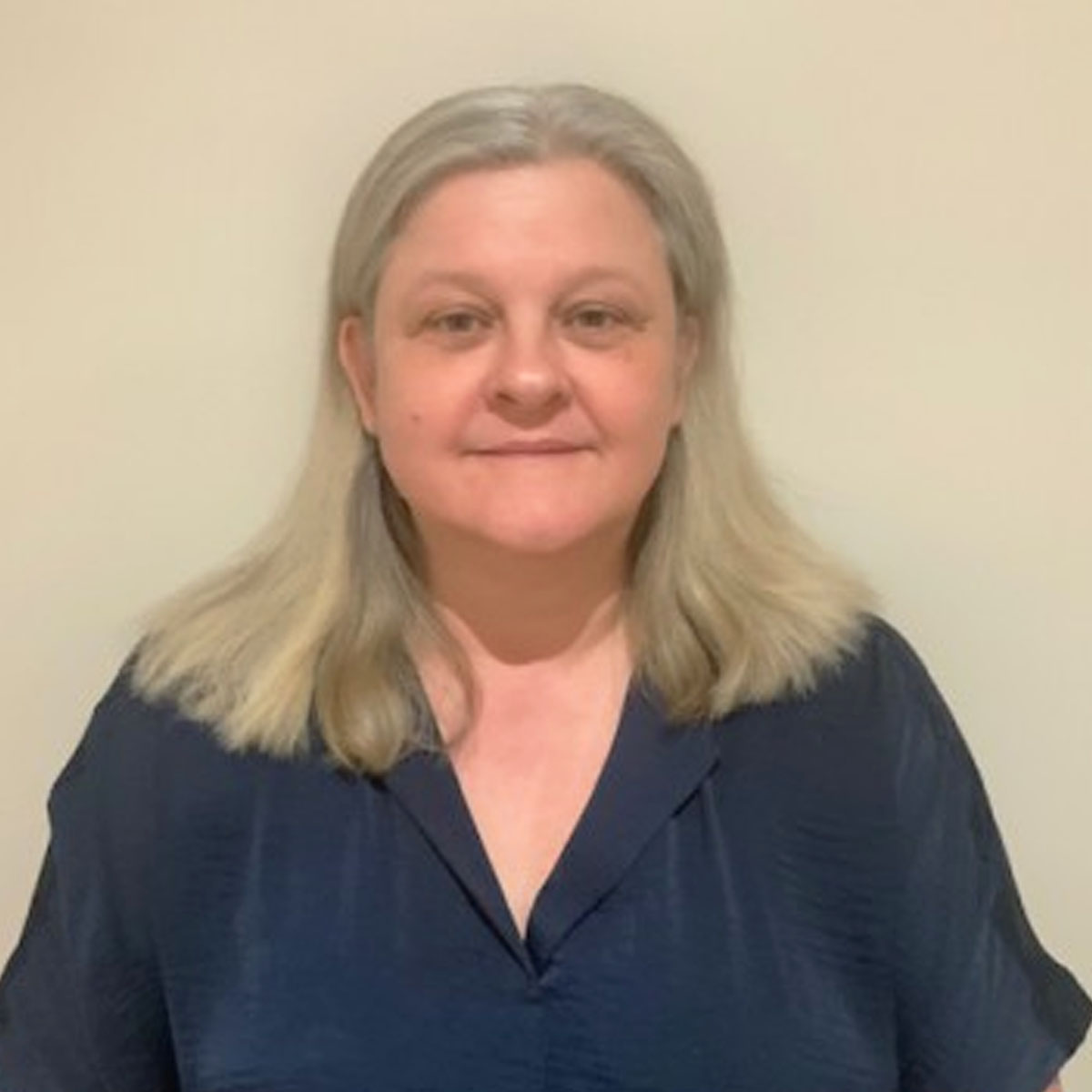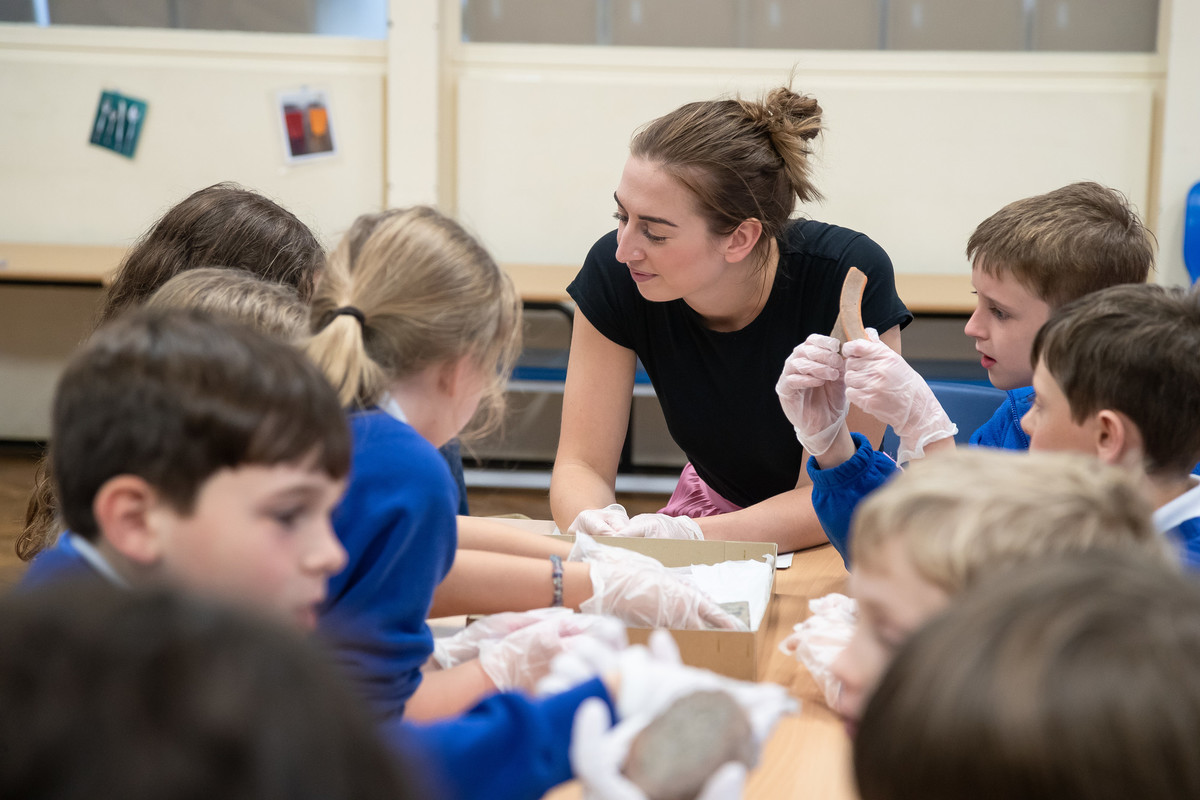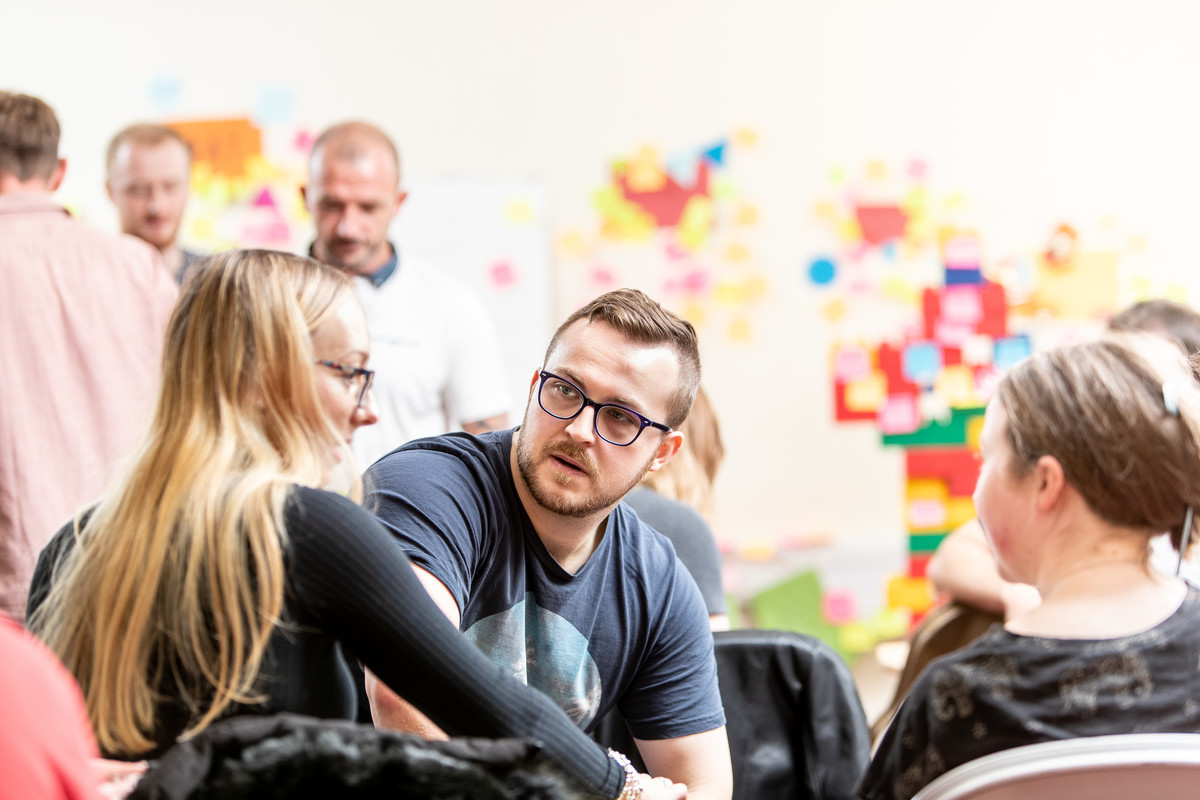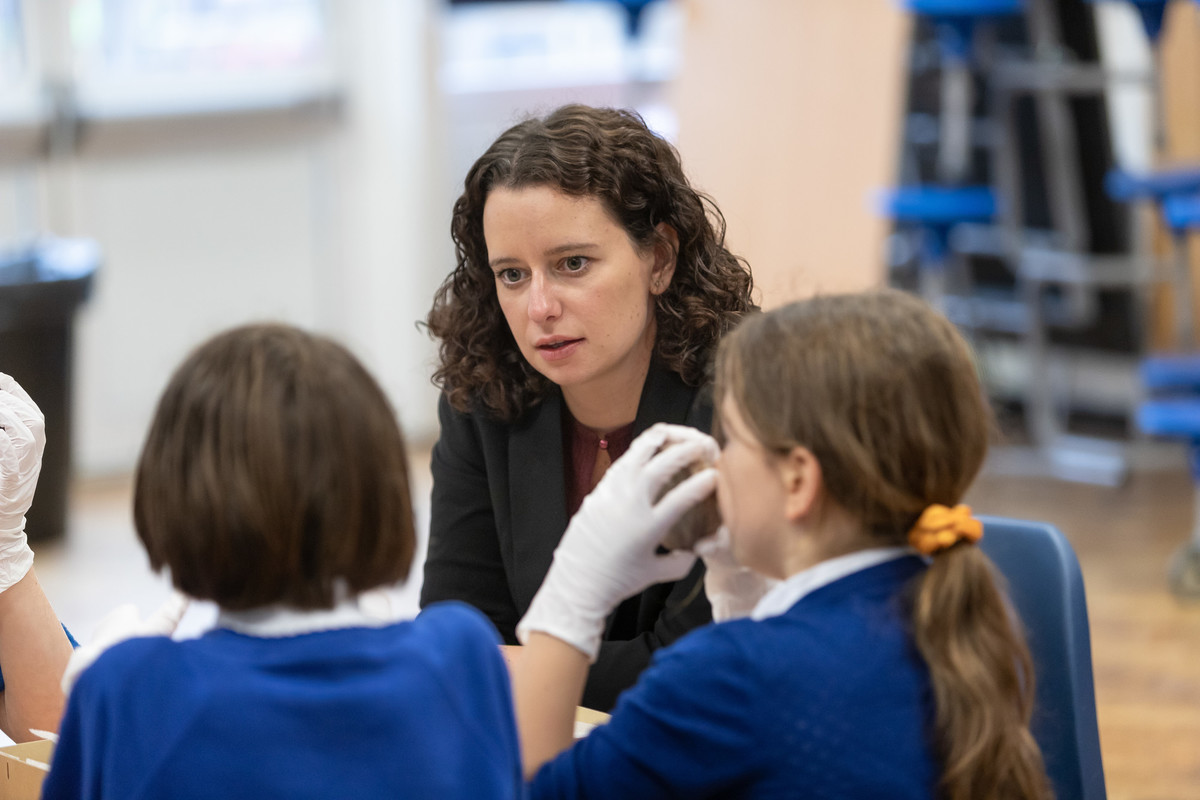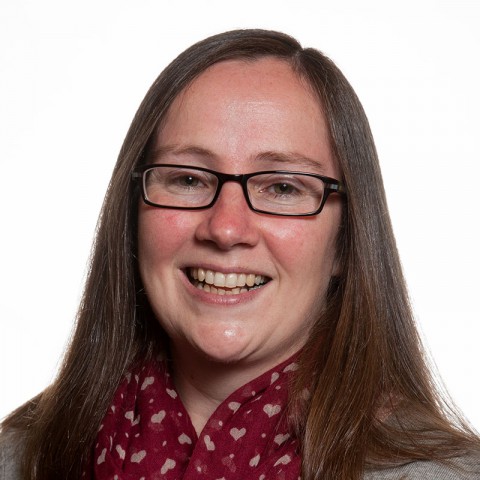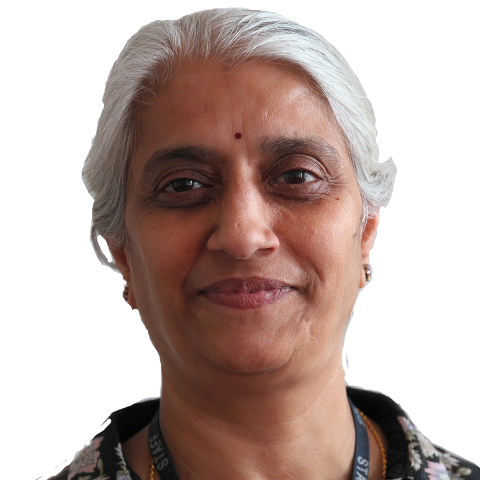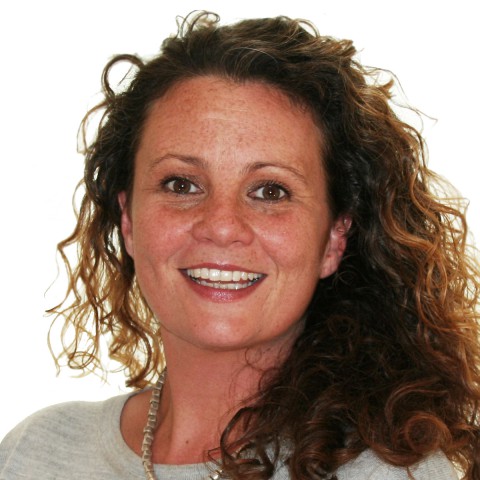104UCAS Points
|
UCAS Tariff |
104 points |
|
GCE A Level |
Typical offer – CCC-BCC |
|
BTEC |
BTEC Extended Diploma: DMM |
|
International Baccalaureate |
26 points |
|
Irish / Scottish Highers |
Irish Highers - H3 H3 H3 H4 H4 Scottish Highers - BBBB |
|
Access requirements |
Access to HE Diploma, to include 45 credits at level 3, of which 30 must be at Merit or above |
|
T Level |
T Level with a Pass grade and C or above in the core |
|
OCR Cambridge Technicals |
OCR Extended Diploma: DMM |
|
Extra Information |
Welsh Baccalaureate Advanced and A Level General Studies will be recognised in our offer. We will also consider a combination of A Levels and BTECs/OCRs. Please note that GCSE grade C/4 or above in English (or equivalent) is required. GCSE grades C/4 or above in Maths and Science are desirable.
All successful candidates who receive an offer of a place for this course and choose the University of Chester as their Firm choice will be required to undergo checks with regards to their suitability to practice. A couple of months prior to admission to this course, the University will contact you to request that you complete a self-declaration form detailing any relevant convictions or other information that you believe may have an impact upon your ability to undertake work with children or vulnerable adults. As a Registered Body, we will send you instructions on how to complete an online application for a Disclosure and Barring Service (DBS) check; there will be a charge for this. Please note that the University does not accept previous DBS checks from other Registered Bodies or the Update Service. For details about the cost of the DBS check and for further information please visit our DBS web pages. |
Students from countries outside the UK are expected to have entry qualifications roughly equivalent to UK A Level for undergraduate study and British Bachelor's degree (or equivalent) for postgraduate study. To help you to interpret these equivalents, please click on your country of residence to see the corresponding entry qualifications, along with information about your local representatives, events, information and contacts.
We accept a wide range of qualifications and consider all applications individually on merit. We may also consider appropriate work experience.
English Language Requirements
- IELTS Academic: Undergraduate: 6.0 (minimum 5.5 in each band)
- Postgraduate: 6.5 (minimum 5.5 in each band)
For more information on our entry requirements, please visit International Entry Requirements.
72UCAS Points
|
UCAS Tariff |
72 points. |
|
GCE A Level |
Typical offer – DDD |
|
BTEC |
MMP |
|
International Baccalaureate |
24 points |
|
Irish / Scottish Highers |
Irish Highers - H4, H4, H4, H5, H5 Scottish Highers - CCDD |
|
Access requirements |
Pass Access to HE Diploma |
|
T Level |
T Level with a Pass grade and D or E on the core |
|
OCR Cambridge Technicals |
MMP |
|
Extra Information |
Welsh Baccalaureate Advanced and A Level General Studies will be recognised in our offer. We will also consider a combination of A Levels and BTECs/OCRs. Please note that GCSE grade C/4 or above in English (or equivalent) is required. GCSE grades C/4 or above in Maths and Science are desirable. If you are a mature student (21 or over) and have been out of education for a while or do not have experience or qualifications at Level 3 (equivalent to A Levels), then our Foundation Year courses will help you to develop the skills and knowledge you will need to succeed in your chosen degree.
All successful candidates who receive an offer of a place for this course and choose the University of Chester as their Firm choice will be required to undergo checks with regards to their suitability to practice. A couple of months prior to admission to this course, the University will contact you to request that you complete a self-declaration form detailing any relevant convictions or other information that you believe may have an impact upon your ability to undertake work with children or vulnerable adults. As a Registered Body, we will send you instructions on how to complete an online application for a Disclosure and Barring Service (DBS) check; there will be a charge for this. Please note that the University does not accept previous DBS checks from other Registered Bodies or the Update Service. For details about the cost of the DBS check and for further information please visit our DBS web pages. |

